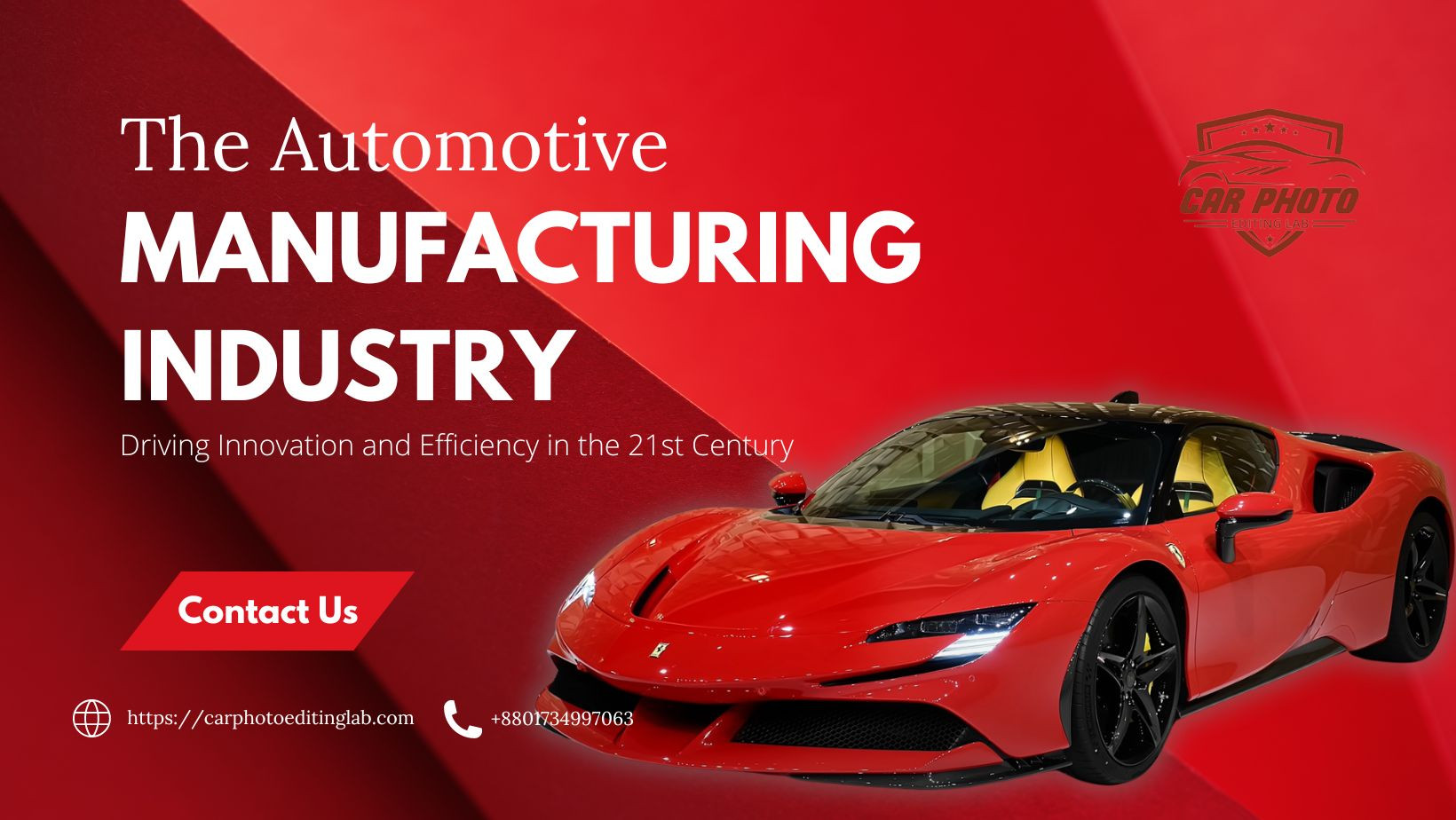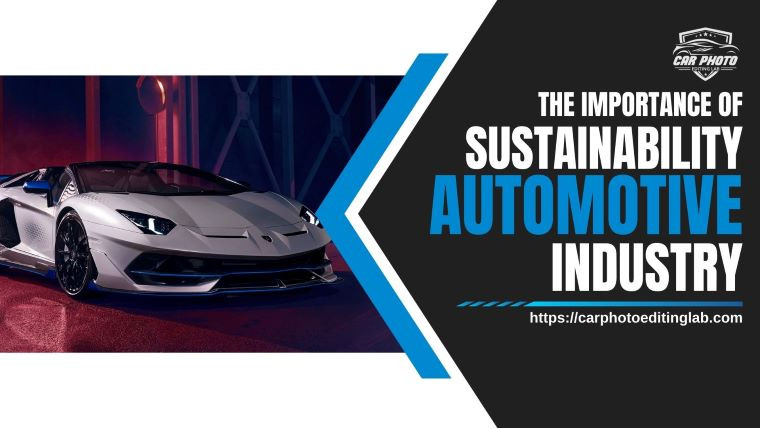-
Contact us with Whatsapp:
+8801734997063 -
Mail Us:
[email protected] -
Service Hours
24/7
The History of Cars

Mar 2024
- 13 Mar 2024
- Business Solution
- 0 Views
The History of Cars
The history of cars is a captivating narrative that traces the evolution of transportation and human ingenuity. From the pioneering efforts of Karl Benz with the invention of the first practical automobile in the late 19th century to the present-day advancements in electric and autonomous vehicles, the story of cars is one of relentless innovation and societal transformation. Over the decades, automobiles have become more than just modes of transportation; they symbolize freedom, progress, and cultural identity. This journey through time encompasses technological breakthroughs, mass production methods, environmental concerns, and the quest for autonomy. Exploring the history of cars reveals not only the mechanics of machines but also the dynamic interplay between technology, society, and the human spirit.
The history of cars is a fascinating journey that spans centuries and has profoundly impacted human society, culture, and economy. From the earliest steam-powered vehicles to the sophisticated electric and autonomous cars of today, the evolution of automobiles has been marked by innovation, technological advancements, and societal shifts.
Early Beginnings
The history of cars traces back to ancient times, with the concept of self-propelled vehicles appearing in various forms. However, the modern automobile's story begins in the late 19th century. In 1885, German engineer Karl Benz achieved a milestone by creating the first practical automobile powered by an internal combustion engine. His invention, the Benz Patent-Motorwagen, patented in 1886, is widely regarded as the world's first automobile. It featured a lightweight chassis, a single-cylinder engine, and three wheels, marking the dawn of a new era in transportation. Although initially a novelty for the wealthy, Benz's creation laid the groundwork for the automotive industry's rapid development. Subsequent innovations in engine design, manufacturing processes, and infrastructure paved the way for automobiles to become more accessible and integral to daily life. The early beginnings of cars set the stage for the profound societal, cultural, and economic impacts that would unfold in the decades to come.
Pioneering Era
The pioneering era of the automotive industry, spanning the late 19th and early 20th centuries, was characterized by a flurry of innovation and entrepreneurship. Following Karl Benz's invention of the first practical automobile in 1885, pioneers like Henry Ford, Gottlieb Daimler, and Armand Peugeot emerged as key figures in shaping the industry. Henry Ford's introduction of the assembly line production method in 1913 revolutionized manufacturing, making cars more affordable and accessible to the general public. Ford's Model T, introduced in 1908, became an iconic symbol of the pioneering era, offering reliability, simplicity, and affordability to millions of consumers. Concurrently, advancements in engine technology, chassis design, and manufacturing processes propelled the automotive industry forward, laying the foundation for its rapid growth and global expansion. The pioneering era was a time of experimentation, risk-taking, and innovation, setting the stage for the automotive revolution that would transform societies and economies around the world.
Rise of Mass Production
The rise of mass production in the automotive industry marked a pivotal moment in history, profoundly impacting societies worldwide. Henry Ford's implementation of the assembly line production method in 1913 revolutionized car manufacturing, enabling unprecedented efficiency and scale. Ford's Model T, introduced in 1908, became the epitome of mass-produced automobiles, offering affordability and reliability to the masses. By streamlining production processes and reducing costs, mass production made cars more accessible, transforming them from luxury items into everyday necessities. The automotive industry boomed, leading to the emergence of numerous manufacturers and a proliferation of models catering to diverse consumer preferences. Mass production not only democratized car ownership but also fueled economic growth, creating jobs, stimulating innovation, and shaping urban landscapes. The rise of mass production in the automotive sector heralded a new era of mobility and modernization, forever changing the way people live, work, and travel.
Technological Advancements
Technological advancements have been a driving force in the evolution of cars throughout history, constantly pushing the boundaries of innovation and engineering. From the introduction of automatic transmissions and power steering to the development of advanced safety features like airbags and anti-lock brakes, the automotive industry has continuously sought to enhance the driving experience and improve vehicle performance. Additionally, the integration of digital technology has revolutionized cars, with innovations such as GPS navigation systems, infotainment consoles, and advanced driver-assistance systems (ADAS) becoming commonplace in modern vehicles. Moreover, the pursuit of sustainability has led to breakthroughs in electric and hybrid propulsion systems, offering cleaner and more efficient alternatives to traditional internal combustion engines. As technology continues to advance, cars are poised to become increasingly connected, autonomous, and environmentally friendly, shaping the future of transportation in profound ways.
Environmental Concerns and Regulation
Environmental concerns and regulations have played a crucial role in shaping the history of cars, particularly in response to issues such as pollution and climate change. As automobiles became more prevalent, concerns over air and water pollution as well as the depletion of fossil fuels prompted governments worldwide to introduce regulations aimed at reducing emissions and improving fuel efficiency. Beginning in the 1970s, stringent emissions standards were implemented, leading to the development of cleaner-burning engines and catalytic converters. Additionally, efforts to mitigate the environmental impact of cars have spurred innovation in alternative fuels and propulsion technologies, including electric and hydrogen-powered vehicles. Moreover, initiatives to promote fuel efficiency and reduce carbon emissions have become increasingly prominent, with car manufacturers investing in hybrid and electric vehicle (EV) technology. Environmental concerns and regulations continue to drive innovation in the automotive industry, fostering the development of more sustainable and eco-friendly transportation solutions for the future.
Digital Revolution
The digital revolution has profoundly transformed the automotive industry, ushering in a new era of connectivity, convenience, and safety. Over the past few decades, cars have evolved into sophisticated digital platforms equipped with advanced computing systems and software. The integration of digital technology has revolutionized various aspects of vehicles, including entertainment, navigation, and driver assistance. Features such as GPS navigation, touchscreen interfaces, and voice recognition have become standard in modern cars, enhancing the driving experience and improving convenience for drivers and passengers alike. Moreover, the rise of connected cars has enabled vehicles to communicate with each other and with external infrastructure, paving the way for advancements in autonomous driving and smart transportation systems. As the digital revolution continues to unfold, cars are poised to become increasingly autonomous, electric, and interconnected, reshaping the future of mobility in profound and exciting ways.
Towards Autonomy
The journey towards autonomy in cars represents a significant paradigm shift in the automotive industry, promising to revolutionize transportation as we know it. Over the past decade, significant strides have been made in the development of autonomous vehicle (AV) technology, driven by companies like Tesla, Google's Waymo, and traditional automakers. While fully autonomous cars are still in the testing phase, they hold the potential to revolutionize urban mobility, reduce traffic accidents, and enhance accessibility for individuals with mobility challenges. Moreover, autonomous technology has the potential to transform industries beyond transportation, including logistics, delivery services, and urban planning. As research and development in autonomous vehicles continue to progress, society is on the brink of a transformative shift towards a future where cars drive themselves, offering unprecedented levels of safety, efficiency, and convenience.
Conclusions
In conclusion, from the humble beginnings of steam-powered vehicles to the sophisticated electric and autonomous cars of today, automobiles have transformed societies, economies, and lifestyles around the world. Each era of automotive development, from the pioneering efforts of early inventors to the rise of mass production and the digital revolution, has left an indelible mark on human history. As we move towards a future of autonomy and sustainability, the lessons learned from the past will continue to guide us in navigating the challenges and opportunities that lie ahead. The story of cars is not just about machines; it is a reflection of human progress and the relentless pursuit of a better tomorrow.
























1 Comment
https://Www.Waste-Ndc.pro/community/profile/tressa79906983/
20 May, 2024 10:08 AMHello, its fastidious post on the topic of media print, we all bbe aware of medja is a fantastic source of facts. https://Www.Waste-Ndc.pro/community/profile/tressa79906983/